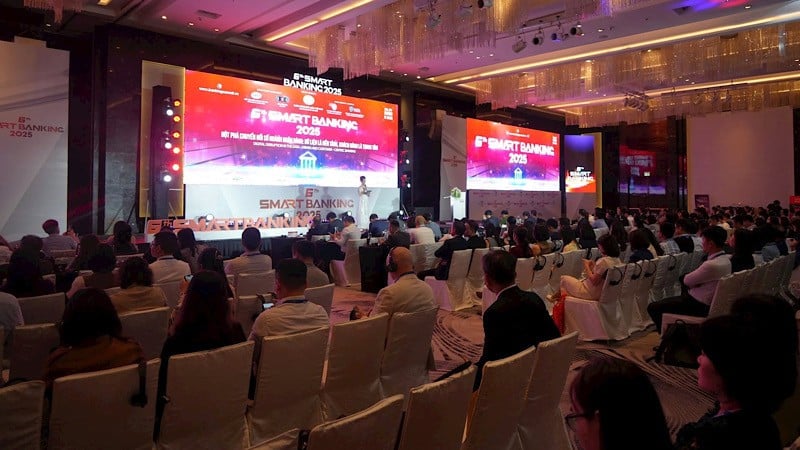
The event was organized under the auspices of the State Bank of Vietnam , coordinated by the Vietnam Banks Association (VNBA) and IEC Group, accompanied by the National Data Association and the National Cyber Security Association.
Exploding digital financial services ecosystem
In his opening speech, Vice President and General Secretary of the Vietnam Banks Association Nguyen Quoc Hung affirmed: “In recent times, we have witnessed the strong development of the digital financial services ecosystem: non-cash payments have expanded; digital banking has become the main channel; identification and electronic authentication have advanced; cooperation models between banks, fintechs and digital platforms have grown; data analysis capabilities, artificial intelligence (AI) applications and machine learning have been promoted in credit appraisal, risk management, fraud prevention, operational optimization, and multi-channel customer care. Many credit institutions have shifted from digitizing each process to redesigning the entire customer journey; from “owning discrete data” to “managing data as a strategic asset”; from passive reaction to forecasting and proactively suggesting needs”.
Most basic banking services have now been digitized on electronic channels; many banks record more than 95% of transactions conducted via digital channels instead of at traditional counters. The digital banking ecosystem is increasingly diverse and intelligent, bringing attractive utilities to customers, from money transfers, bill payments, savings deposits to online loans... right on the phone. Many basic operations have been 100% digitized (savings deposits, term deposits, opening and using payment accounts, opening bank cards, e-wallets, money transfers, loans...).
To date, nearly 87% of Vietnamese adults have bank accounts; The value of non-cash payments is 25 times the GDP. In the first 7 months of 2025 compared to the same period in 2024, non-cash transactions via QR codes increased by 66.73% in quantity and 159% in value. Vietnam also pioneered cross-border retail payment connections via QR codes with Thailand, Cambodia and Laos, aiming to expand in the Asian region.
According to Deputy Governor of the State Bank Pham Tien Dung, the State Bank is one of the few ministries and sectors that have issued a system of Circulars to regulate the entire process of collecting, synthesizing, and analyzing data. In the banking sector, no data is collected outside this legal framework: from the statistical reporting system, credit information monitoring, CIC system, anti-money laundering, to all business applications, there are Circulars regulating, serving as a legal basis for the entire sector.
In addition to the motto "correct-enough-clean-living", data must also solve two key problems. That is, exploiting data effectively and building good applications, integrating smart, convenient, and convenient for users. Currently, the banking industry has deeply integrated with the National Population Database. The State Bank is also the first unit to issue a Circular on Open API, allowing parties to connect banking industry data. "Data is the foundation, a valuable resource. However, customers are the center. Therefore, in the current digital age, the banking industry must meet three factors: creating good, smart applications for customers; effectively supporting customers; protecting the legitimate rights and interests of customers," Deputy Governor Pham Tien Dung emphasized.
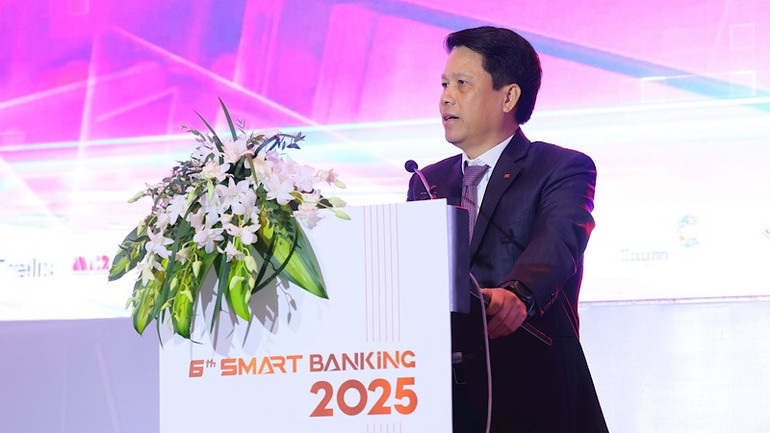
The rapid development of data-driven business strategies in the banking industry has created significant benefits. However, the Deputy Governor also noted that the problem is not just having data, but also exploiting data effectively. Although there is a complete citizen identification database, some procedures still require manual confirmation, showing that the interconnection, connection and utilization of data need to be further promoted.
Solving multidimensional challenges
According to Vice President and General Secretary of the Vietnam Banking Association Nguyen Quoc Hung, the shift to “Data is the foundation - Customer is the center” is not simply about deploying a few more technology systems. It is a shift in management thinking: from functional management to process management; from post-audit reporting to predictive analysis; from local measurement to overall optimization of customer lifetime value; from “collecting as much data as possible” to “correct-clean-allowed-with-clear-purpose data - creating real value”.
“This year's Smart Banking theme therefore does not only discuss technology, but also emphasizes the harmonious combination of: Strategy-Data-Technology-People, based on proactive risk management and compliance. From there, we aim for a sustainable digital banking ecosystem: innovative but safe, fast but standardized, personalized but protecting privacy, open connection but tightly controlling systemic risks”, Mr. Nguyen Quoc Hung shared.
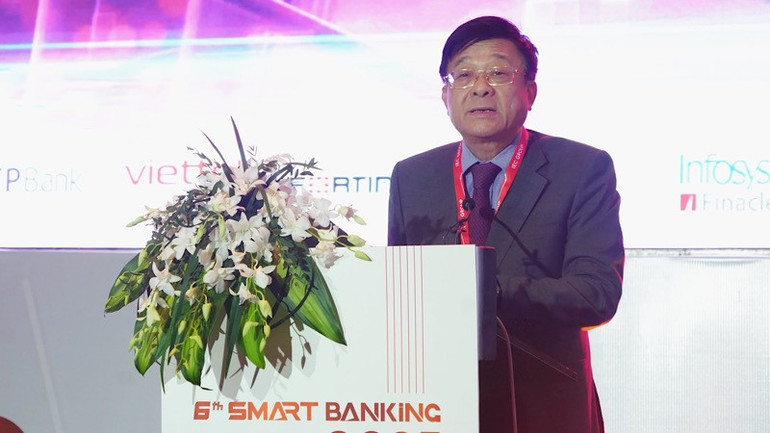
At the same time, Dr. Nguyen Quoc Hung especially noted that the principle of “customer-centricity” must be reflected in value, experience, safety and trust, not just in slogans. Data-based business strategies help banks personalize products, optimize risk detection processes, prevent fraud, improve loan processing, and enhance market forecasting capabilities.
Deputy Governor Pham Tien Dung also said that “customer-centricity” is not only about experience but also about protecting safety and legal rights. Many banks have allowed customers to proactively lock their cards, limit transaction limits, and suspend payments directly on the application instead of having to wait for a call center connection. These are specific, practical steps to protect customers in the context of increasingly sophisticated fraud and scam risks.
“To truly be customer-centric, banks need to develop smart, highly integrated applications that connect directly to the national population database. Allowing customers to open accounts via VNeID is a big step forward, but to achieve this requires the banking system and the Ministry of Public Security to be closely integrated, which is not a simple process,” Deputy Governor Pham Tien Dung acknowledged.
As of June 13, the banking industry had more than 117 million customer records (CIF) that were biometrically verified via chip-embedded citizen identification cards or VneID (reaching nearly 100% of the total number of individual payment accounts generating transactions on digital channels); more than 927 thousand organizational customer records had biometric information verified (reaching more than 70% of the total number of organizational payment accounts generating transactions on digital channels).
The National Credit Information Center (CIC) has coordinated with C06, the Ministry of Public Security to complete 6 rounds of customer data reconciliation and cleaning with about 57 million customer records offline. 63 credit institutions have deployed the application of chip-embedded citizen identification cards via counter devices; 57 credit institutions and 39 payment intermediaries have deployed the application of chip-embedded citizen identification cards via Mobile app; 32 credit institutions and 15 payment intermediaries are deploying the VneID application.
Source: https://nhandan.vn/du-lieu-la-nen-tang-khach-hang-la-trung-tam-post910432.html


![[Photo] Panorama of the cable-stayed bridge, the final bottleneck of the Ben Luc-Long Thanh expressway](https://vphoto.vietnam.vn/thumb/1200x675/vietnam/resource/IMAGE/2025/9/30/391fdf21025541d6b2f092e49a17243f)
![[Photo] General Secretary To Lam, Secretary of the Central Military Commission attends the 12th Party Congress of the Army](https://vphoto.vietnam.vn/thumb/1200x675/vietnam/resource/IMAGE/2025/9/30/9b63aaa37ddb472ead84e3870a8ae825)
![[Photo] The 1st Congress of Phu Tho Provincial Party Committee, term 2025-2030](https://vphoto.vietnam.vn/thumb/1200x675/vietnam/resource/IMAGE/2025/9/30/1507da06216649bba8a1ce6251816820)

![[Photo] Solemn opening of the 12th Military Party Congress for the 2025-2030 term](https://vphoto.vietnam.vn/thumb/1200x675/vietnam/resource/IMAGE/2025/9/30/2cd383b3130d41a1a4b5ace0d5eb989d)
![[Photo] President Luong Cuong receives President of the Cuban National Assembly Esteban Lazo Hernandez](https://vphoto.vietnam.vn/thumb/1200x675/vietnam/resource/IMAGE/2025/9/30/4d38932911c24f6ea1936252bd5427fa)








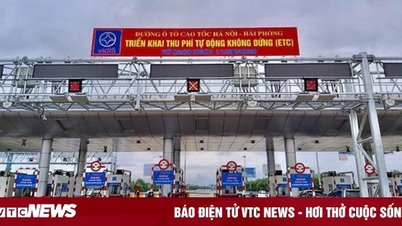

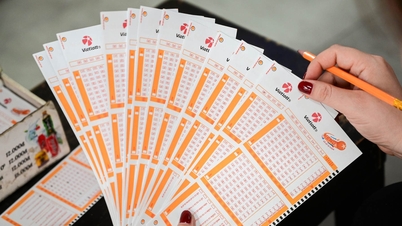





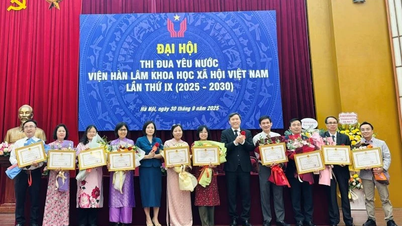










































































Comment (0)